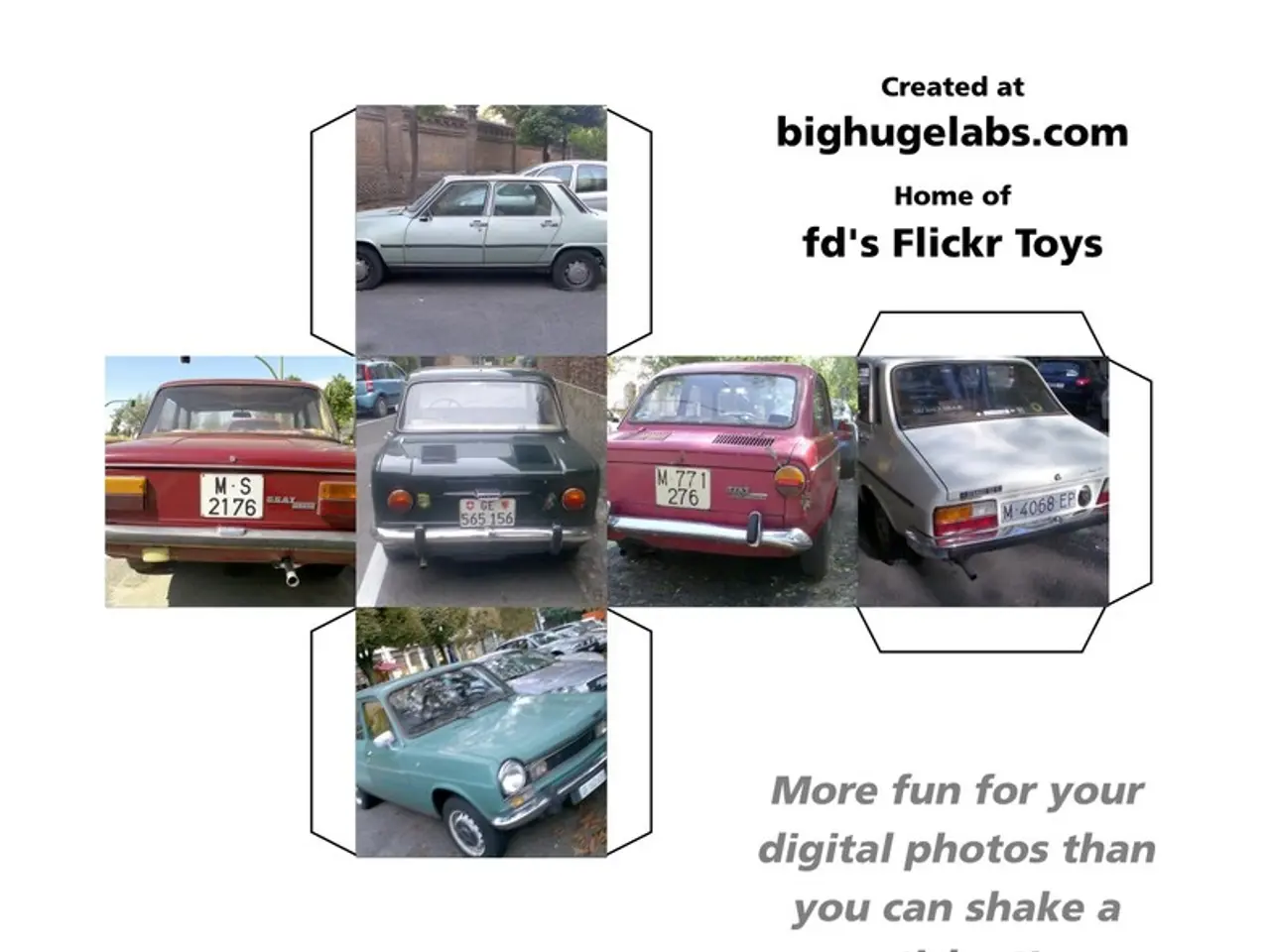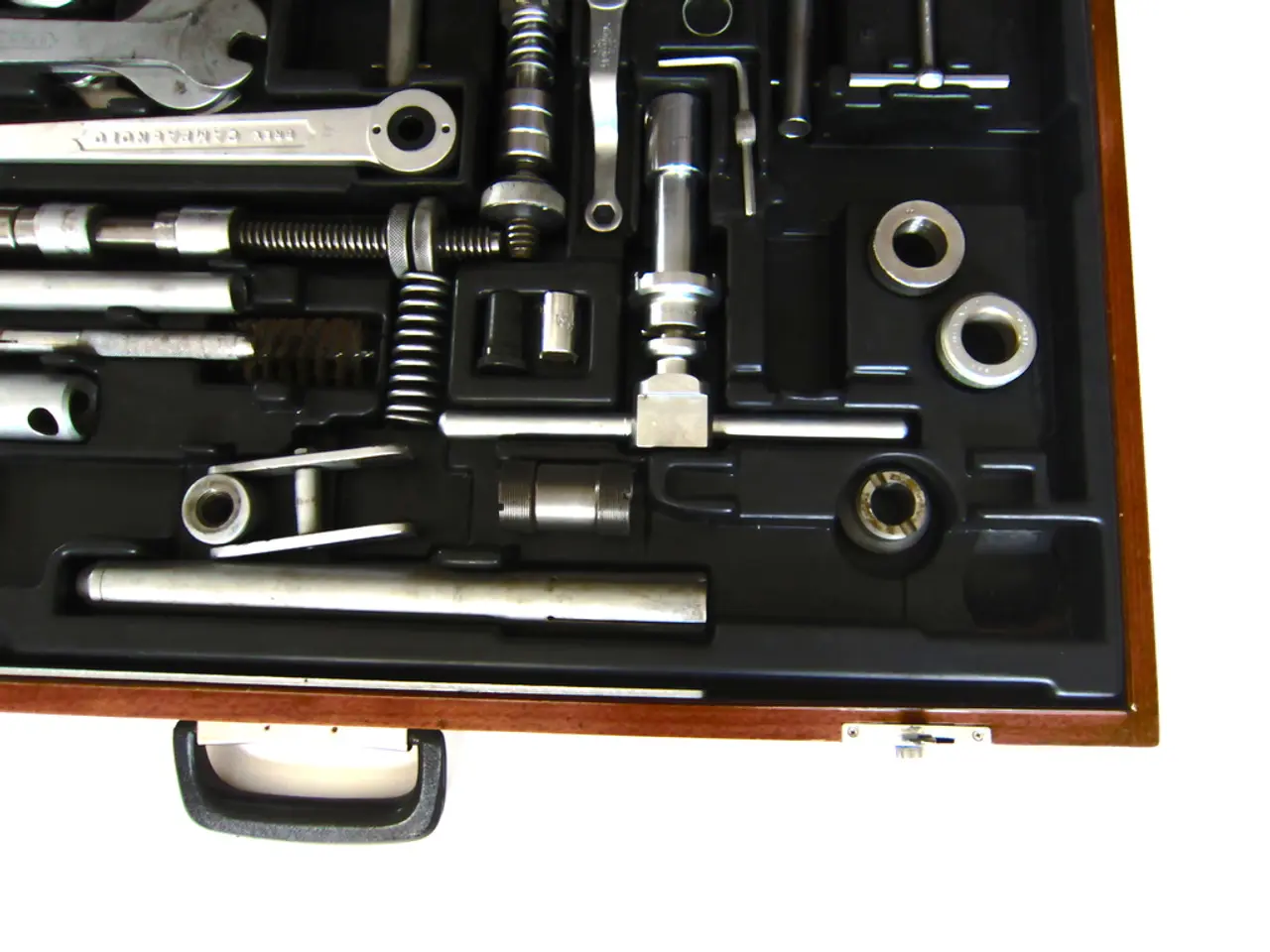Giant investment from Uber: €300 million pumped into electric car company Lucid, with a joint agreement to develop robo-taxis
In a groundbreaking move, Uber, Lucid, and Nuro have joined forces to develop and deploy more than 20,000 electric, autonomous Lucid Gravity robotaxis, with the rollout set to begin in a major U.S. city next year. This partnership is set to redefine the future of autonomous mobility.
The partnership, spanning over six years, will see the production of Lucid Gravity vehicles with the necessary autonomous hardware integrated directly on Lucid’s assembly line. Nuro’s Level 4 autonomous software will then be installed as part of the commissioning process by Uber. The integrated production and deployment plan is designed to support rapid, global scale-up from 2026 onward.
The initial launch city has not yet been announced, but it will be a major U.S. metropolitan area, with broader deployment—across “dozens of markets”—scheduled in subsequent years as the fleet expands globally. Uber and its fleet partners will own and operate the vehicles, allowing the company to capture more of the revenue from each ride while potentially reducing driver-related costs as autonomy matures.
Uber is making a $300 million investment in Lucid, cementing a strategic alliance and securing itself as a guaranteed customer for Lucid Gravity vehicles over the next six years. This investment not only supports Lucid’s production ramp-up but also signals Uber’s long-term commitment to autonomous mobility.
The Lucid Gravity’s long driving range (up to 450 miles) translates into fewer charging stops, increasing vehicle utilization and reducing downtime—a critical factor for profitability in ride-hailing operations. This, combined with Lucid’s advanced, efficient EV platform and Nuro’s scalable autonomy system, is expected to yield favorable operating economics compared to traditional ride-hailing fleets.
This partnership positions Uber, Lucid, and Nuro at the forefront of premium, large-scale autonomous ride-hailing. For Lucid, it represents a significant endorsement and a major new revenue stream as it scales production. For Uber, it accelerates its transition to autonomous fleets, potentially improving margins and competitiveness. For Nuro, it marks an expansion from delivery-focused autonomy into passenger transport, broadening its technology’s applications.
In other related news, Volkswagen is another partner of Uber in the autonomous mobility space, aiming to deploy its autonomous ID.Buzz as a robotaxi on US roads. Uber and VW also plan to build a shared ride service in Los Angeles.
As the autonomous mobility landscape continues to evolve, Uber CEO Dara Khosrowshahi believes autonomous vehicles have the potential to transform cities, making them cleaner, safer, and more efficient. The joint robotaxi program between Uber and Lucid is set to begin operations by the end of 2026, marking a significant step towards this vision.
- What cities will the Lucid Gravity electric, autonomous vehicles be deployed in first, as part of the partnership between Uber, Lucid, and Nuro? - The integrated production and deployment plan of the Lucid Gravity vehicles will primarily focus on the finance and technology industry, as the vehicles will be equipped with Level 4 autonomous software from Nuro.
- Uber's investment of $300 million in Lucid not only supports the production ramp-up of the Lucid Gravity vehicles but also solidifies a strategic alliance for the integration of autonomous mobility in Uber's business model.
- With the Lucid Gravity's advanced electric platform, long driving range, and Nuro's scalable autonomy system, this partnership potentially positions Uber at the forefront of premium, large-scale autonomous ride-hailing, paving the way for a cleaner, safer, and more efficient lifestyle in the future.




